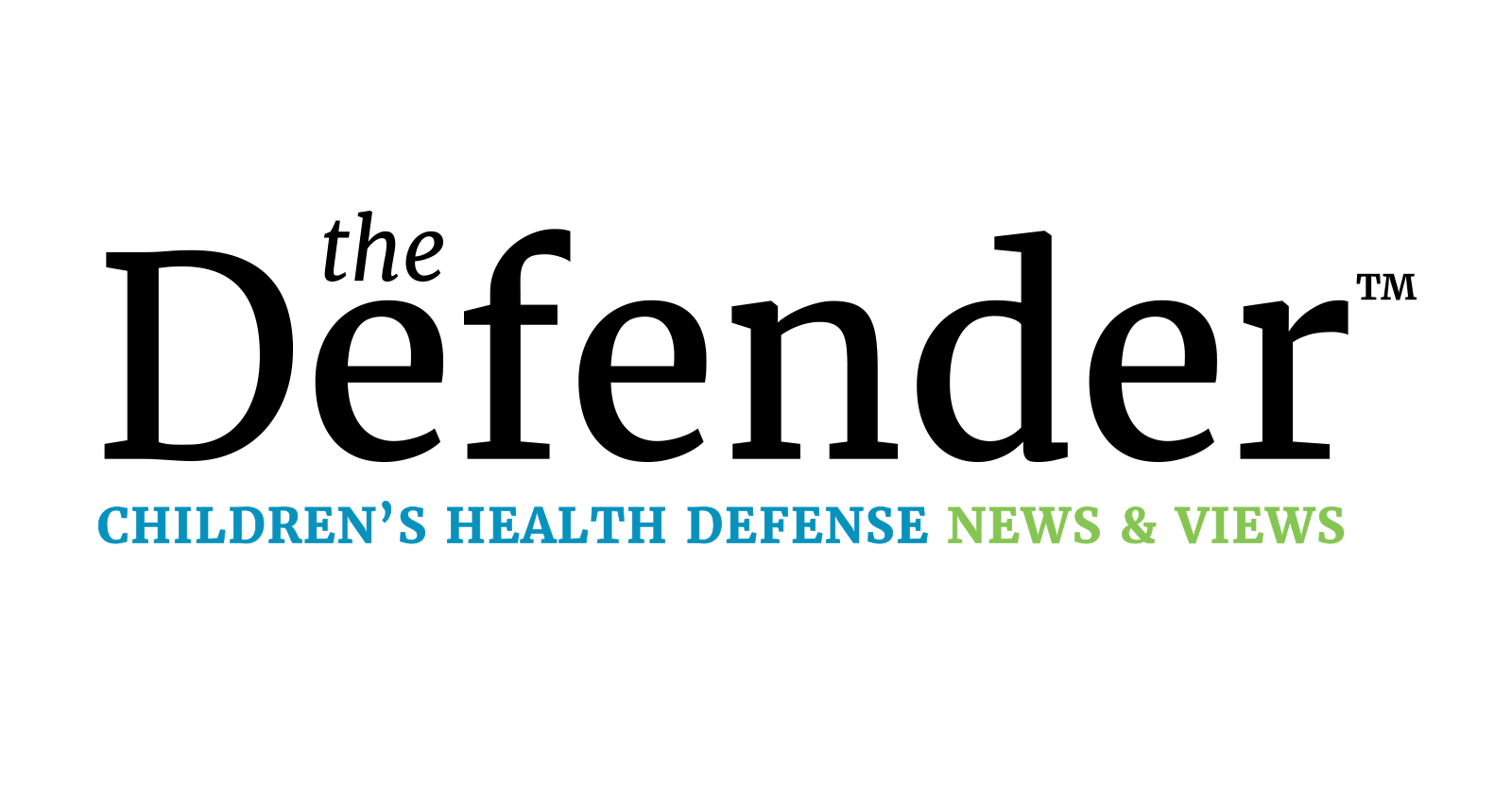Meta's Legal Victory: A Stand Against Misinformation
August 16, 2024, 6:04 am

Location: United States, Georgia, Peachtree City
Employees: 11-50
Founded date: 2016
In a digital age where information flows like a river, the currents of truth and falsehood often collide. Recently, Meta Platforms, the parent company of Facebook, emerged victorious in a legal battle against the Children’s Health Defense (CHD), an anti-vaccine group led by Robert F. Kennedy Jr. This case, which has drawn significant attention, underscores the complexities of free speech, misinformation, and the responsibilities of social media platforms.
The Ninth Circuit Court of Appeals ruled that Meta did not violate the First Amendment by moderating content that spread misinformation about vaccines. This decision reinforces the idea that private companies have the right to regulate the information shared on their platforms. The court’s ruling is a clear message: fact-checking and content moderation are not violations of free speech but essential tools in the fight against misinformation.
The saga began in 2020 when CHD filed a lawsuit against Meta, claiming that the company’s actions amounted to censorship. The group argued that Meta was suppressing views that challenged the “government orthodoxy” on vaccines. However, the court found that CHD failed to provide evidence that Meta acted under government coercion. The ruling emphasized that Meta, as a private entity, is not bound by the same First Amendment restrictions that apply to government actions.
This case highlights a critical issue in today’s society: the balance between free speech and the spread of harmful misinformation. The court’s decision reflects a growing recognition that social media platforms play a vital role in shaping public discourse. By moderating content, these companies can help prevent the spread of dangerous misinformation that could lead to real-world consequences, such as vaccine hesitancy.
The ruling also touched on the controversial Section 230 of the Communications Decency Act, which provides immunity to online platforms from liability for user-generated content. CHD’s argument that Section 230 transformed Meta into a state actor was dismissed as “exceptionally odd.” The court reiterated that moderation decisions are the prerogative of private companies, not the government. This distinction is crucial in understanding the legal landscape surrounding online speech.
While the majority opinion was clear, a partial dissent from Judge Daniel Collins raised questions about the First Amendment implications of content moderation. Collins suggested that CHD should be allowed to present additional material not considered in the lower court. However, this perspective overlooks the established legal principle that appeals courts typically do not entertain new evidence. The dissenting opinion also seemed to misinterpret the relationship between Section 230 and the role of platforms as publishers.
The implications of this ruling extend beyond the immediate case. It sets a precedent for how social media companies can navigate the murky waters of content moderation. As misinformation continues to proliferate online, platforms like Meta must find ways to balance user expression with the need to protect public health and safety. The court’s decision affirms that companies can take proactive steps to limit the spread of harmful content without infringing on free speech rights.
The ruling also raises questions about the role of government officials in influencing social media policies. While the court acknowledged that some legislators have expressed concerns about misinformation, it concluded that such communications did not constitute coercion. This aspect of the ruling is particularly relevant in an era where political pressure on tech companies is intensifying. It suggests that while government officials can voice their opinions, they cannot dictate the actions of private companies.
As the digital landscape evolves, so too will the legal battles surrounding content moderation. Meta’s victory in this case is a significant step in affirming the rights of private companies to regulate their platforms. However, it also opens the door for further scrutiny of how these companies handle misinformation. The challenge lies in ensuring that moderation practices are transparent and fair, avoiding the pitfalls of arbitrary censorship.
The case of CHD v. Meta is emblematic of a broader struggle in society. It reflects the tension between the desire for open discourse and the need to protect the public from harmful misinformation. As we navigate this complex terrain, the role of social media platforms will remain under the microscope. Their decisions will shape not only the information landscape but also the public’s trust in these platforms.
In conclusion, Meta’s legal victory serves as a reminder of the responsibilities that come with the power of information. As misinformation continues to threaten public health and safety, the importance of content moderation cannot be overstated. The courts have affirmed that private companies have the right to act against harmful content, paving the way for a more informed society. The battle against misinformation is far from over, but this ruling provides a solid foundation for future efforts. The river of information will continue to flow, but with the right tools, we can navigate its currents more safely.
The Ninth Circuit Court of Appeals ruled that Meta did not violate the First Amendment by moderating content that spread misinformation about vaccines. This decision reinforces the idea that private companies have the right to regulate the information shared on their platforms. The court’s ruling is a clear message: fact-checking and content moderation are not violations of free speech but essential tools in the fight against misinformation.
The saga began in 2020 when CHD filed a lawsuit against Meta, claiming that the company’s actions amounted to censorship. The group argued that Meta was suppressing views that challenged the “government orthodoxy” on vaccines. However, the court found that CHD failed to provide evidence that Meta acted under government coercion. The ruling emphasized that Meta, as a private entity, is not bound by the same First Amendment restrictions that apply to government actions.
This case highlights a critical issue in today’s society: the balance between free speech and the spread of harmful misinformation. The court’s decision reflects a growing recognition that social media platforms play a vital role in shaping public discourse. By moderating content, these companies can help prevent the spread of dangerous misinformation that could lead to real-world consequences, such as vaccine hesitancy.
The ruling also touched on the controversial Section 230 of the Communications Decency Act, which provides immunity to online platforms from liability for user-generated content. CHD’s argument that Section 230 transformed Meta into a state actor was dismissed as “exceptionally odd.” The court reiterated that moderation decisions are the prerogative of private companies, not the government. This distinction is crucial in understanding the legal landscape surrounding online speech.
While the majority opinion was clear, a partial dissent from Judge Daniel Collins raised questions about the First Amendment implications of content moderation. Collins suggested that CHD should be allowed to present additional material not considered in the lower court. However, this perspective overlooks the established legal principle that appeals courts typically do not entertain new evidence. The dissenting opinion also seemed to misinterpret the relationship between Section 230 and the role of platforms as publishers.
The implications of this ruling extend beyond the immediate case. It sets a precedent for how social media companies can navigate the murky waters of content moderation. As misinformation continues to proliferate online, platforms like Meta must find ways to balance user expression with the need to protect public health and safety. The court’s decision affirms that companies can take proactive steps to limit the spread of harmful content without infringing on free speech rights.
The ruling also raises questions about the role of government officials in influencing social media policies. While the court acknowledged that some legislators have expressed concerns about misinformation, it concluded that such communications did not constitute coercion. This aspect of the ruling is particularly relevant in an era where political pressure on tech companies is intensifying. It suggests that while government officials can voice their opinions, they cannot dictate the actions of private companies.
As the digital landscape evolves, so too will the legal battles surrounding content moderation. Meta’s victory in this case is a significant step in affirming the rights of private companies to regulate their platforms. However, it also opens the door for further scrutiny of how these companies handle misinformation. The challenge lies in ensuring that moderation practices are transparent and fair, avoiding the pitfalls of arbitrary censorship.
The case of CHD v. Meta is emblematic of a broader struggle in society. It reflects the tension between the desire for open discourse and the need to protect the public from harmful misinformation. As we navigate this complex terrain, the role of social media platforms will remain under the microscope. Their decisions will shape not only the information landscape but also the public’s trust in these platforms.
In conclusion, Meta’s legal victory serves as a reminder of the responsibilities that come with the power of information. As misinformation continues to threaten public health and safety, the importance of content moderation cannot be overstated. The courts have affirmed that private companies have the right to act against harmful content, paving the way for a more informed society. The battle against misinformation is far from over, but this ruling provides a solid foundation for future efforts. The river of information will continue to flow, but with the right tools, we can navigate its currents more safely.
